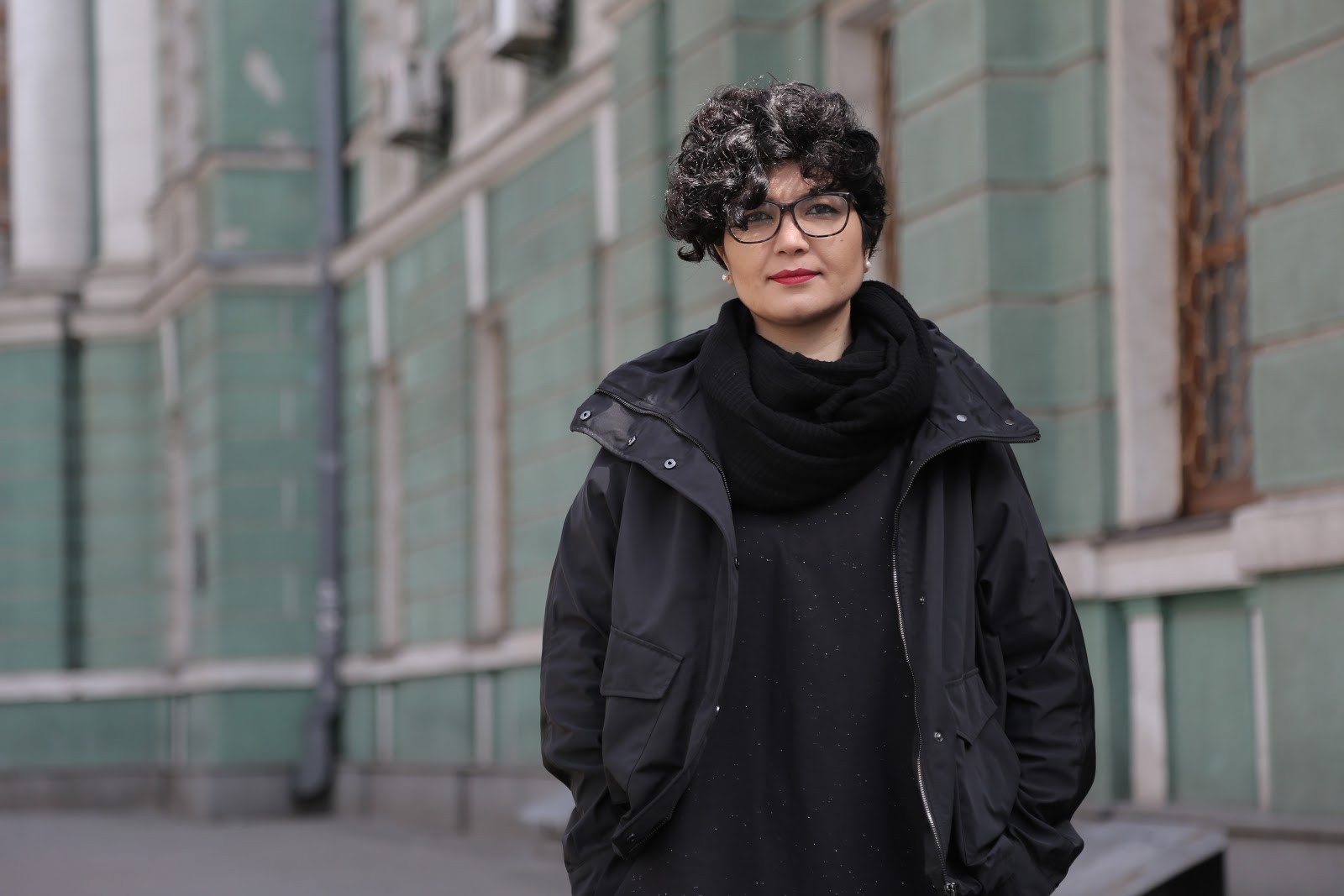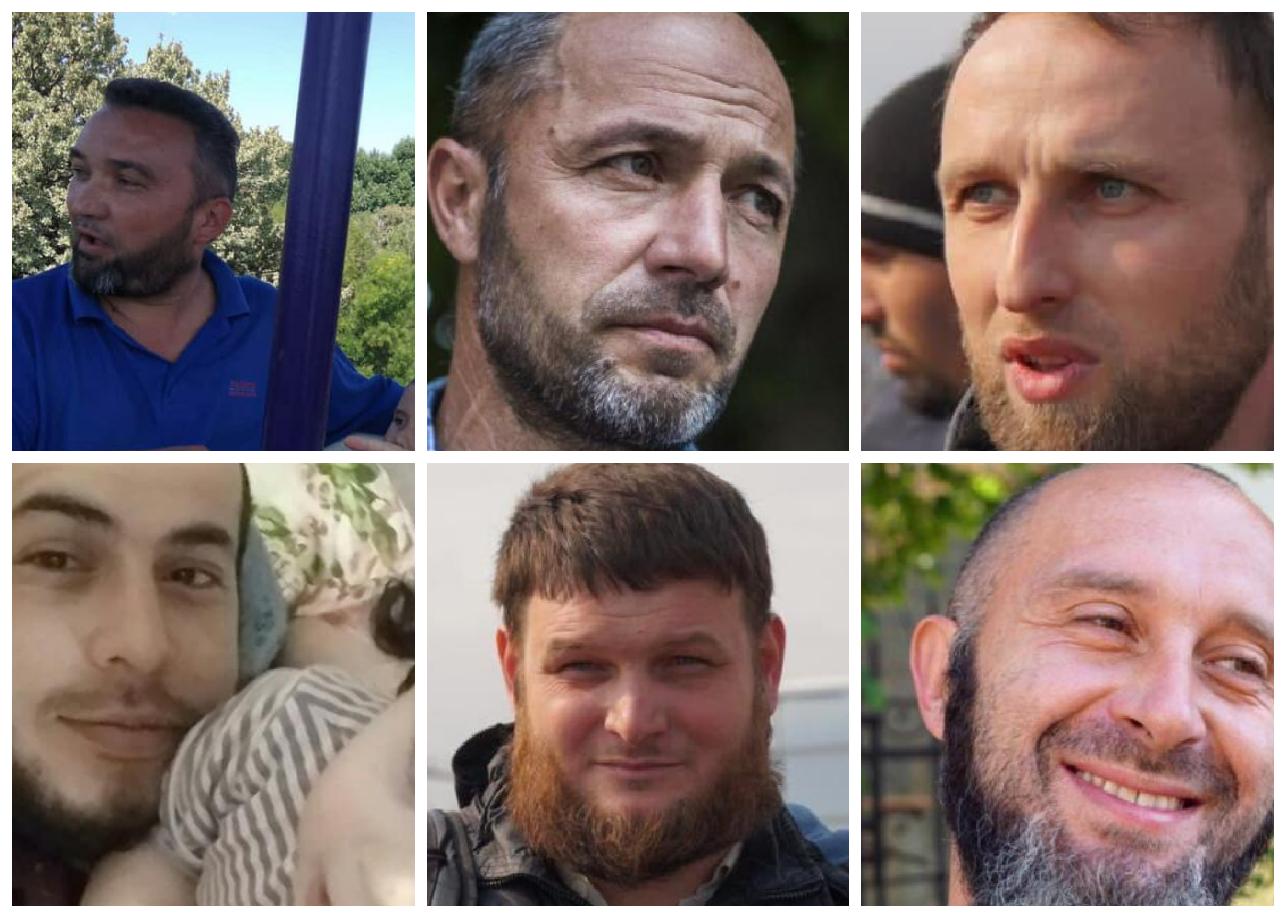But regardless of whether they take action or not, this influx is changing the ethnic mix of the peninsula not only because some Crimean Tatars have already fled but also because the number of people returning to the occupied region who were indigenous to it is nowhere near as large, somewhere between 2,000 and 3,000 (c-inform.info/news/id/12988).
That change in the ethnic mix of the population, one that will boost the percentage of ethnic Russians at the expense of the Crimean Tatars and other minorities who were earlier deported by the Soviets, will affect the politics of the region in the future and may even fall within the UN definition of genocide in terms of its effects.
At the very least, it represents a violation of international law which specifies that the occupying country cannot move people into a region it has occupied with an eye to ethnic engineering or with the expectation that such people will be given citizenship by the legitimate country when the occupation ends.
More immediately, both analysts and Crimean residents say, the influx of people onto the peninsula is creating problems. There aren’t enough jobs, housing or school facilities for those arriving, and that in turn is creating problems between them and the local population which feels its needs are being ignored (newizv.ru/politics/2014-10-02/208474-vynuzhdennyj-vid-na-zhitelstvo.html).
Vadim Solovyev, deputy chairman of the Duma committee on constitutional law and state structure, said that it was imperative that the authorities shift the refugees to other parts of Russia even if they have to override the desires of the people involved. For those who aren’t moved, he said, jobs must be created now.
There are “almost none there” at present, the parliamentarian said, “but there is a multitude of long abandoned military enterprises. The center needs to offer them state contracts,” something that he suggested would provide work for “several thousand” of the refugees.
Yury Krupnov of the Moscow Institute for Migration, Demography and Regional Development, agreed that there is a serious problem, but he said he was opposed to shifting the refugees from Crimea to other parts of the Russian Federation because of the enormous costs involved. Moscow would have to spend 100 to 200,000 rubles (2,500 to 5,000 US dollars) for each person shifted.
But Mikhail Delyagin, the director of the Moscow Institute on Problems of Globalization, said that the refugees needed to be relocated and that perhaps the International Committee of the Red Cross should be asked to get involved. “Unfortunately,” he said, “our ministers now are concerned only with reducing the rights of citizens,” not in protecting them.
Most discussions of IDPs from other parts of Ukraine to Crimea or of refugees from Ukraine to the Russian Federation have described those involved as Russians or at least Russian speakers. But the situation may be more complicated and interesting than that, according to an article on Kavpolit.com (kavpolit.com/articles/russkij_ja_ili_net_ja_sovetskij-9942/).
It found that at least some of those leaving Ukraine for occupied Crimea or the Russian Federation, when asked whether they are Russians or not are saying that they are “Soviet,” yet another indication of the confusions of identity involved and the weakness of the Russian identity on which Putin and his regime seek to rely.








